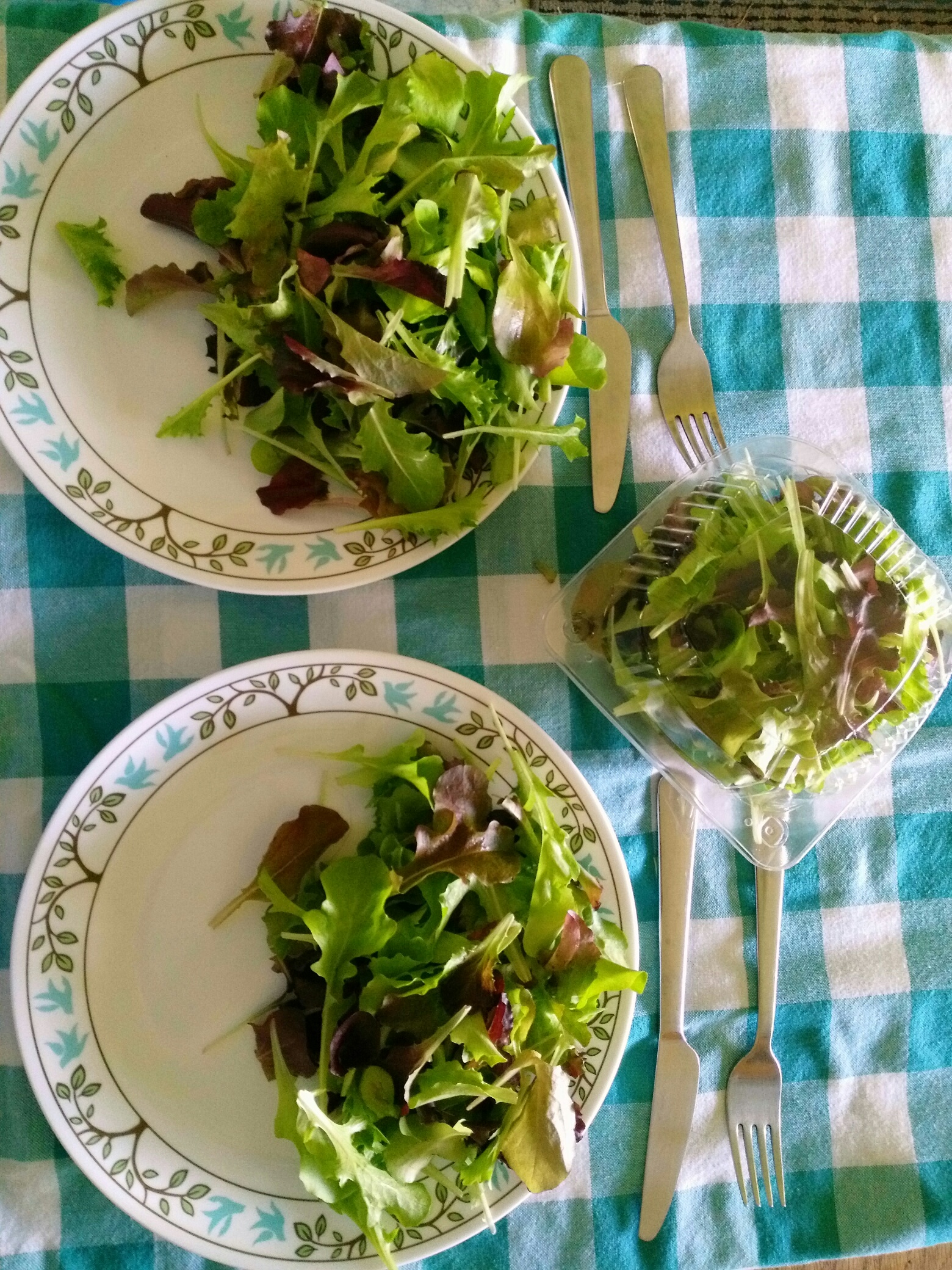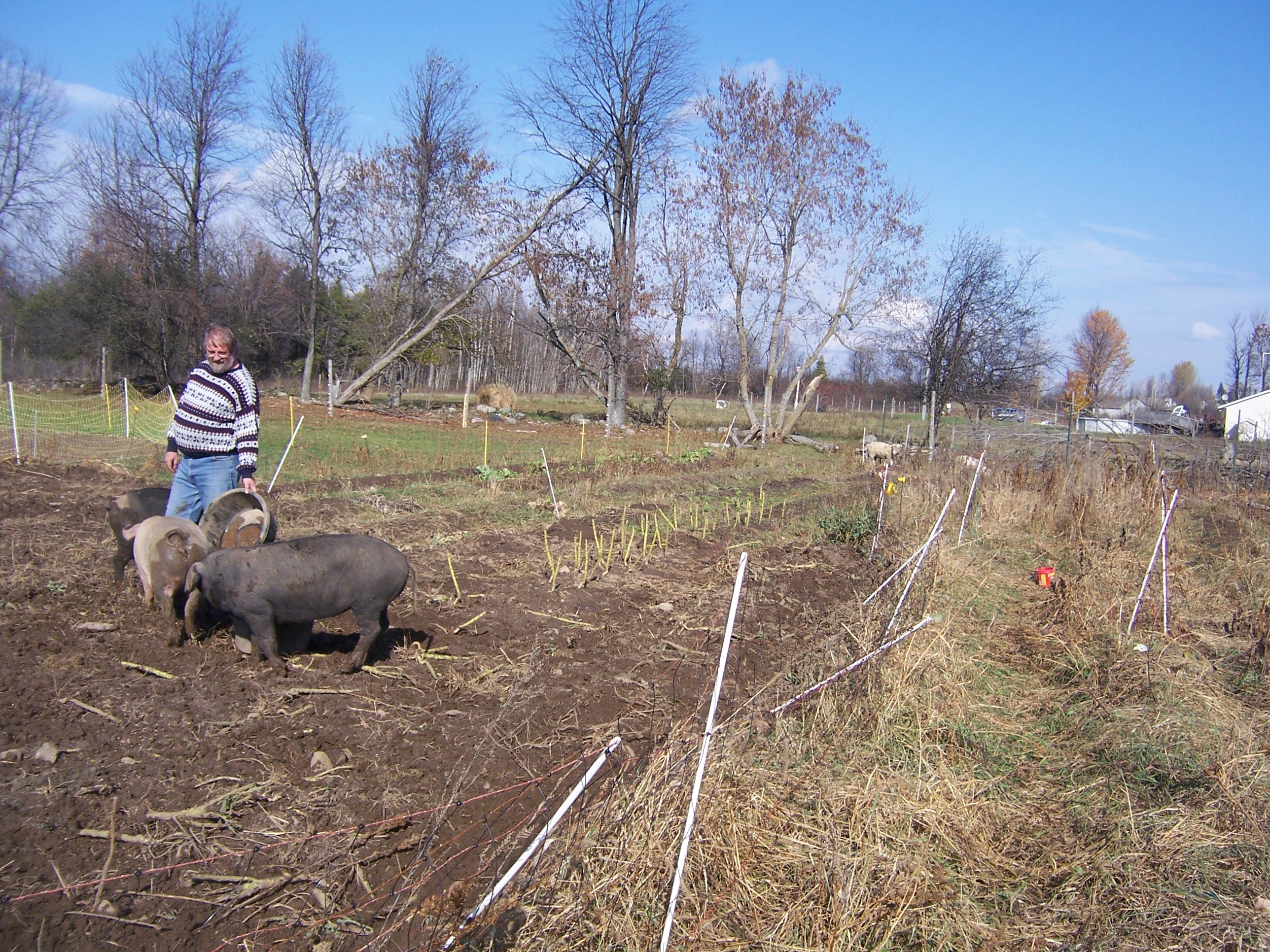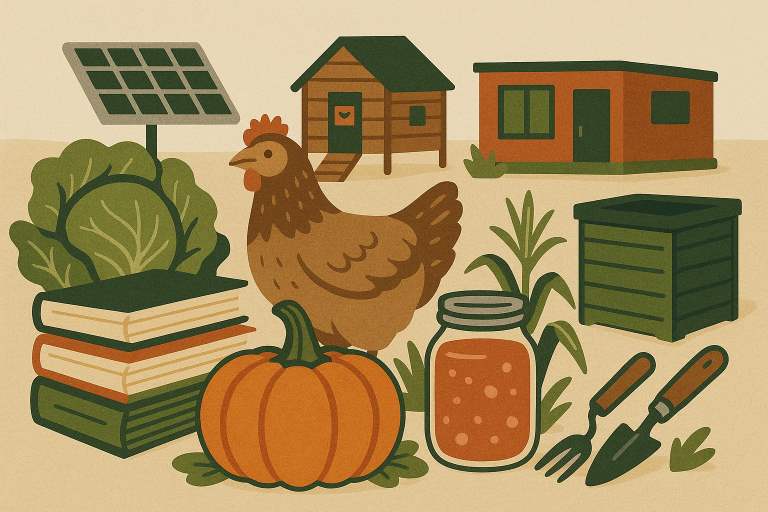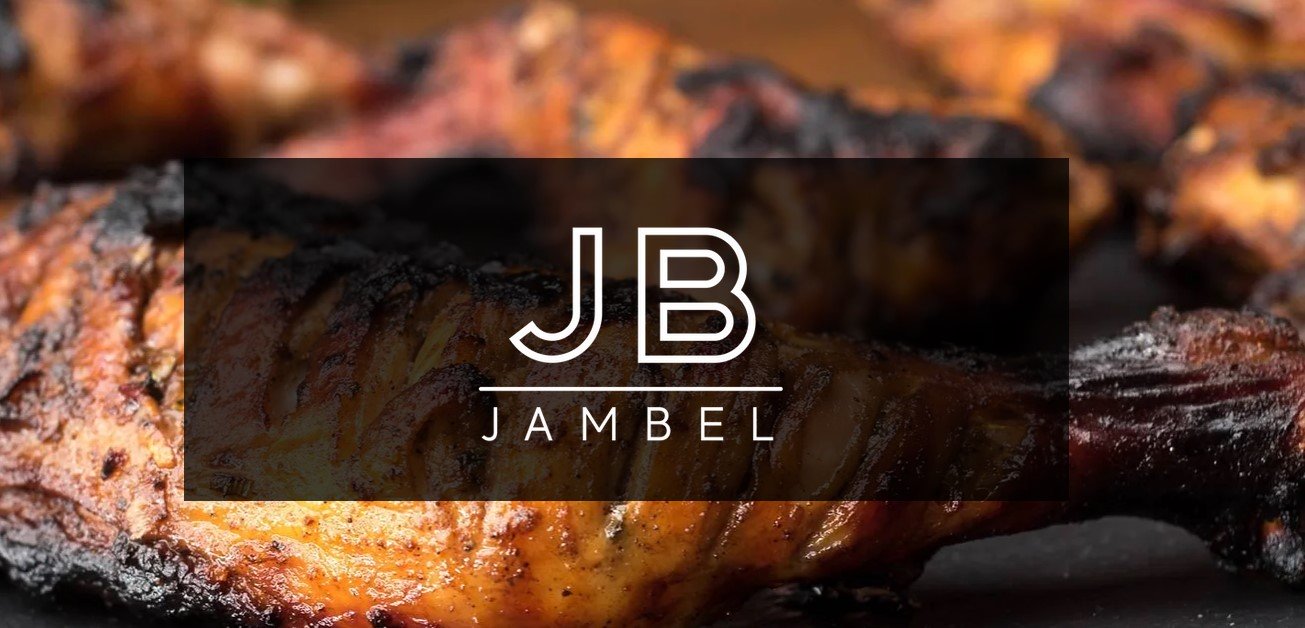Value Added Farming for the Small Grower
I have some experience with value added farming here at New Terra Farm. For example, we cleaned and packaged our lettuces and mixed greens and paired them with a simple dressing to make grab-and-go salads. That's an actual picture of what we were offering. Our markup was about 100% over what the ingredients would sell for unpackaged.
 Simple example of value added farming, just wash and package
Simple example of value added farming, just wash and packageAnd when I launched the Merrickville Mid-Week Farm Market in 2017 I saw some great examples of value added farming among my vendors.
One vendor sold preserves and fresh pies made from her garden and orchard. She was my best customer for beets, by the way. Because I always had the first beets at the market, she would buy many bunches to pickle and resell. I was happy to barter with her for some of those pies, too!
One of my neighbours who raised meat chickens found a great niche for a value-added product. She would raise the usual white Rock-Cornish cross meat birds for about 5 weeks on organic feed. Then she would process the birds, which would dress at about 1.5 lbs.
She would package them two at a time in a very attractive vac-pack on a small tray. She sold them as Cornish hens for $20 the pair! The margins on these birds was MUCH higher than raising the full-size birds.
And, she had a waiting list of customers who wanted them. Fast turnaround, high margins, and a guaranteed market. Value added farming trifecta!
The daughter of the guy I buy grass-fed beef from started a milking sheep operation. She has a legal conforming dairy setup on the farm, and she sells a variety of cheeses made from the milk.
She also sells freezer lamb (born male on the farm, born wrong) AND she has developed a niche for the fleeces.
Upshot, value added farming is one route for the small grower to increase profits. By turning farm-grown commodities into a 'finished' product, small operators can grow a bigger customer base, get higher margins, and create diversified streams of income.
But like every other business opportunity there are a few key things you need to take care of, to manage the risks and increase the chances of success.
In this article we'll look at value added farming tips and tasks to increase your chances of success:
1. Marketing First
2. Top Quality and Safety are the Minimum
3. Don't Bet The Farm
4. Testing, Testing 1-2-3
5. It's Actually Value(s) Added Products
Marketing First
I've beaten this horse to death in other postings, but it bears repeating: Small growers don't have the spare capacity to waste creating products that don't sell.
So before you invest time and money in creating 'Grand-Pa's Best Stewed Prune Compote', best make sure SOMEBODY has indicated they will buy it.
For our grab-and-go salads, we had two potential demographics in mind:
1 - the seniors in the Village, who might not finish a large head of romaine, but would probably like a fresh ready-to-eat
salad
that would give them 3-4 servings. Lots of local seniors loved our market; a number of them didn't drive, so a market within walking distance was very popular.
2- the many many boaters that came through the locks at Merrickville. Our market was located within sight of the locks, and we thought boaters might prefer to grab our salads over trying to fix their own on board.
We discussed this idea with a number of friends and our fellow vendors, and they all thought it would be a popular item.
So, how did that work out? Read 'Don't Bet The Farm' to find out.
Top Quality and Safety Are The Minimum
Especially with value added products your customers are expecting you to provide a top-quality and above all SAFE product.
This means it's a bad idea to try to salvage some less-than-perfect farm produce by turning them into a 'value-added' product. When customers figure out what you are doing, you lose their trust. No trust = no sales.
So give your customers the best stuff you have, and keep the 'seconds' for yourself. Or feed them to the pigs and chickens to get another premium product.
 Our pigs were happy to dispose of less-than-perfect garden produce
Our pigs were happy to dispose of less-than-perfect garden produceAlso, know and follow the food safety rules. When I launched the Merrickville Mid-Week Market one of my first tasks was to visit the local Board of Health responsible for inspections and find out what was needed for my vendors to stay on the right side of the regulations.
I established these expectations right up front with my vendors and as a consequence we had no problems with inspections, and no problems with unhappy customers.
Don't Bet The Farm
I've said this before too: don't bet the farm on any given product. Start small, listen to what the market is telling you, and scale up only if/when there is an increased demand.
We started our garden first just for us and the kids. We raised pig and chickens for our own freezer before we sold any.
And when we decided on grab-and-go salads as a market item, our only additional investment (besides our time) was a case of plastic clam-shell salad containers and small cups for the salad dressings.
We made just enough salads for our first markets to fill a couple coolers. We only put one or two on display, with big color photos like the one above to showcase the product.
Did they sell? Well we always sold some, but we also almost always brought some home, or gave/bartered them to other vendors at the end of the market day.
We sold enough to recover our costs, but it never became a big seller.
The lesson? Don't go big right out of the gate.
And, apparently boaters want donuts more than they want salads (Nana B's Bakery did VERY well at our market).
Carefully Curated Resources For The Homesteader and Prudent Property Owner
The world seems to be a little unsettled these days. I'm always looking for ways to make New Terra Farm more self-sufficient and productive.
Here's a few of the best ways I've found to make self-sufficiency happen. Useful Homesteader Resources
Testing, Testing 1-2-3...
Besides our little experiment with salads, there were other vendors testing value-added products.
One of the most popular and successful vendors was Jambel Cuisine.
Not farm value added per se, but the lesson stands.
The owner Mark Decosta sold his sauces by offering prepared meals of jerked chicken and rice, using his signature sauce.
But what Mark was also doing was testing the appeal of the product and his marketing methods. Ours was not the only market Mark was attending.
These days Jambel sauces are in stores all over Ottawa. That success is due in part (besides the fact the sauces are AWESOME) to his trialing them at various markets.
Saffron of Balley Canoe is a farm-based producer of value added products, and a great example of a value added specialty crop. Laurel Greene operates one of the very few saffron farms in Ontario, and makes a variety of premium sauces from her farm grown spice. She also sold at a number of markets to test the popularity of her products.
So the lesson here, test in a low-cost, low-risk way before you scale up production.
It's Actually Value(s) Added Farming
Here's a quote from Simon Sinek, author of "Start With Why":
“People don't buy what you do; they buy why you do it. And what you do simply proves what you believe”.
This relates directly to my first point about marketing. People will buy your products to the degree you can demonstrate to them your beliefs and values.
This is from Jambel Cuisine's website:
"Jambel is a small, family-run food company. We pride ourselves on promoting and partnering with local producers to bring you the best quality food around. Our focus is quality and flavour above all else.
We are firm believers that supporting local business breeds a strong economic community. With our beginnings in local farmers markets, we have a vested interest in improving the local food scene and strive to do so at every opportunity".
See, Mark gets it. BTW that's a picture of Mark's son on the website.
This is the New Terra Farm Mission Statement, which features prominently in all our marketing.
"From our family farm to your family's door. New Terra Farm raises a variety of meats and vegetables following natural, sustainable agricultural practices. We believe this results in good food that’s also good for you. Not everyone is lucky enough to live on a farm, so we bring the farm to you"!
Your beliefs and values are the differentiators that separate you from BIG AGRI-BUSINESS. To quote Seth Godin, 'Everybody is not your customer'.
But the customer you want to have will respond less to price and more to the value (and values) your product represents.
Value Added Farming Can Be A Big Win For The Small Grower
By following these tips, small farmers and agri-entrepreneurs can enhance the value of their products, improve their competitiveness, and boost their bottom line.
This advice represents real-world practical strategies in the field of value added farming and provides another path to success for the family farm.
Got questions to ask, stories to tell?
Share your organic market gardening question, or comment, or story.
- Home
- Micro Farm Profit
- Value Added Farming
Recent Articles
-
1 Acre Farm Ideas: Profitable Micro-Niche Farming That Works
Feb 18, 26 08:56 AM
Discover proven 1 acre farm ideas that actually make money. Learn how to find micro-niches, set prices, and build a profitable small farm business fast. -
New Terra Farm market gardening book shows you success step-by-step
Feb 17, 26 05:10 AM
Start-up, market and manage a successful organic market garden with my Bootstrap Market Gardening Book -
Farm training for the new or wannabe farmer
Jan 02, 26 10:38 AM
Practical farm training from award-winning New Terra Farm







